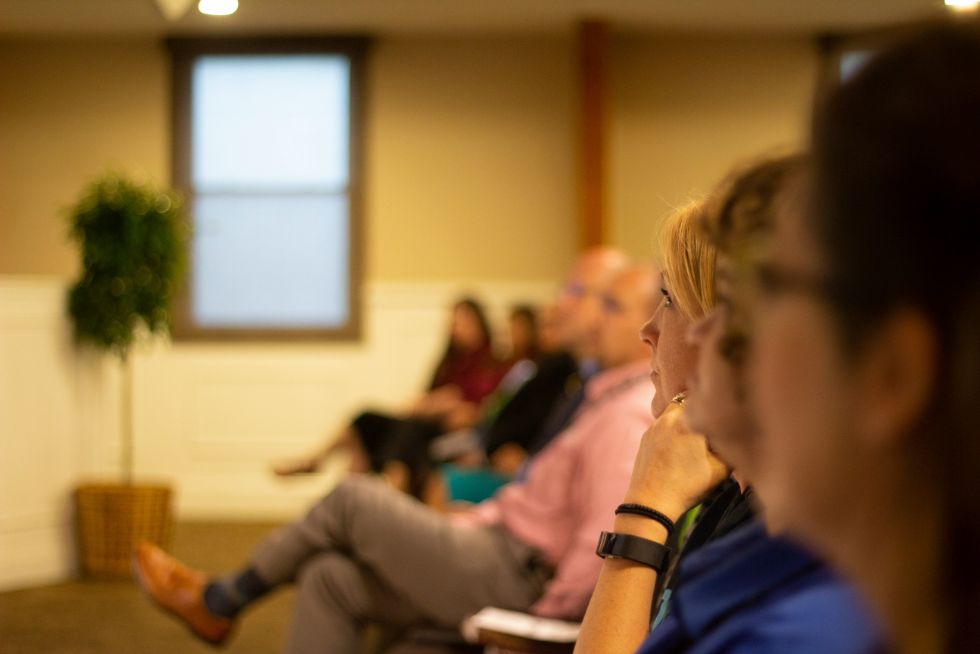As someone who helps others communicate with clarity and confidence, I never imagined how much my own voice would be tested—not on a stage, but in a hospital bed. Following major hip surgery and a long, complex recovery, I found myself grappling not just with physical pain, but with emotional, mental, and spiritual upheaval.
What I learned through this journey deepened my understanding of what it really means to hold space for ourselves and others. It reminded me that communicating with confidence isn’t just about projection and poise—it’s about honesty, healing, and resilience.
What Is Holistic Trauma?
“Holistic” means considering the whole person—not just their physical state, but emotional, mental, spiritual, and social well-being too.
Holistic trauma, then, is the total impact of a life event—like surgery, illness, or grief—on someone’s entire self. It’s something I’ve experienced more than once, from being born with congenital hip dysplasia to road traffic accidents, grief, and chronic illness. Most recently, it was six and a half hours of surgery, ten days in hospital, and months of learning how to walk again—with crutches, then a frame, and eventually on my own.
But the biggest lessons weren’t just physical. They were about strength, vulnerability, and rediscovering my voice in all areas of life.
1. Physical Trauma and the Body’s Voice
Before the surgery, pain made even simple movement feel impossible. Afterward, every step was a battle. Nerve damage, scarring, and extreme fatigue became daily challenges.
It made me reflect on the connection between our bodies and our ability to speak with confidence. You can’t speak powerfully when you’re disconnected from your body. Healing reminded me to listen—to pain, to energy levels, to the pace I needed.
In public speaking, this applies too: we must listen to what our body is telling us. Our breath, our posture, our presence—it all speaks before we do.
2. Emotional Trauma and the Need to Be Heard
Surgery brought anxiety, fear, and vulnerability. Well-meaning people told me “you’ll be fine,” but what I really needed was someone to ask, “How are you really feeling?”
This taught me the power of holding space. In both recovery and communication, people don’t need perfect words—they need presence. Sometimes the most supportive thing we can do is simply listen without fixing.
Whether it’s a team meeting or a hospital room, creating space for honesty is a powerful tool for connection.
3. Mental Trauma and the Confidence to Speak Up
When support systems falter—when processes break down, or help doesn’t arrive—it creates a deep mental strain. PTSD is real. Feeling unsupported can shake your trust and confidence.
In those moments, I had to find the courage to speak up: to ask questions, to advocate for myself, to say, “This isn’t working.”
And that’s true in life and leadership. Confidence isn’t just about speaking on stage—it’s about speaking up when it matters, even if your voice shakes.
4. Spiritual Trauma and the Search for Meaning
Long recovery brings reflection. You begin to question everything: your identity, your future, your purpose.
I had days where it was hard to find the will to get out of bed. But in that space, I also reconnected with small joys: music, my mischievous dogs Neo and Ri, and even a good Netflix binge.
This taught me that resilience isn’t constant positivity—it’s a quiet commitment to keep going. It’s the same resilience we need when nerves take over before a presentation or when we feel like we don’t belong in a room.
5. Social Trauma and the Shift in Roles
Illness isolates. People get busy. Expectations go unmet. Relationships get strained.
I found that I had to redefine how I connect—not just with others, but with myself. I learned that it’s okay to say no, to rest, to protect your energy.
For communicators and leaders, this is a crucial lesson: our ability to connect with others starts with how we care for ourselves. Boundaries, rest, and self-awareness are part of the toolkit for confident communication.
Final Thoughts: From Holistic Trauma to Holistic Healing
Healing after surgery has shown me how many layers make up our experience—and how our voice weaves through all of them. Physical, emotional, mental, spiritual, and social health all impact how we show up, speak out, and share ourselves with the world.
If you’re rebuilding your voice—after trauma, burnout, or change—know that you’re not alone. Confidence isn’t about being fearless. It’s about being real.
And sometimes, it starts with a whisper:
“I’m still here. I still matter. I still have something to say.”













